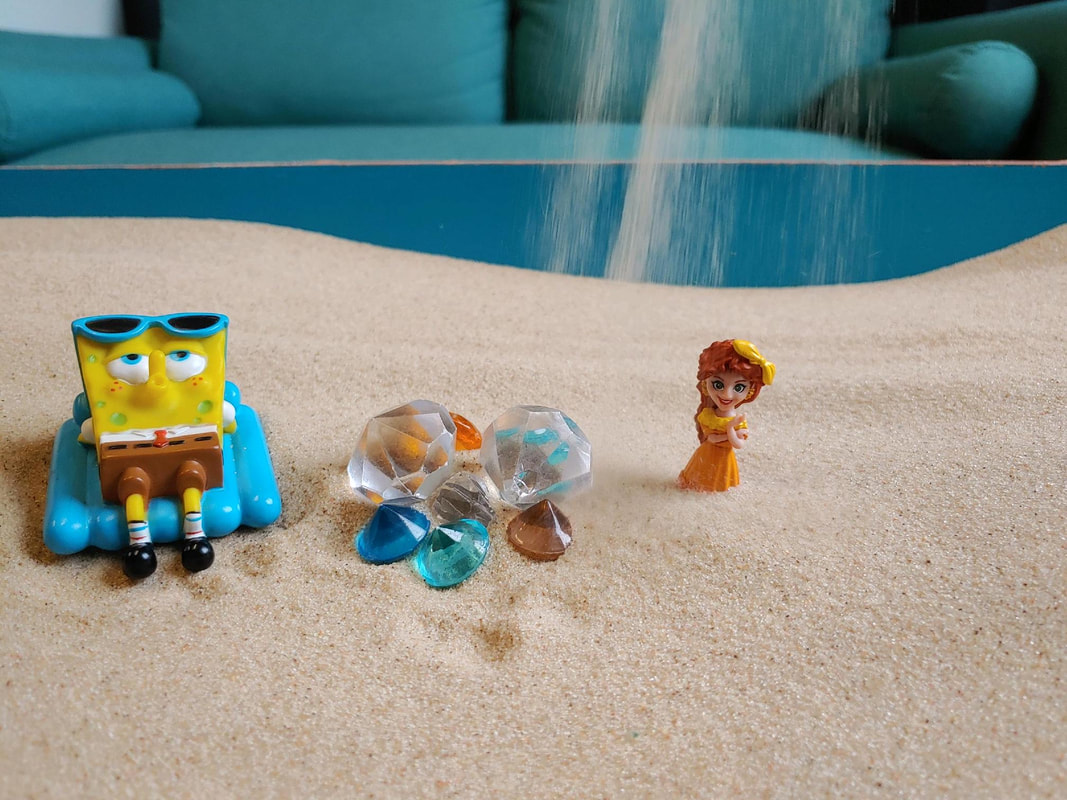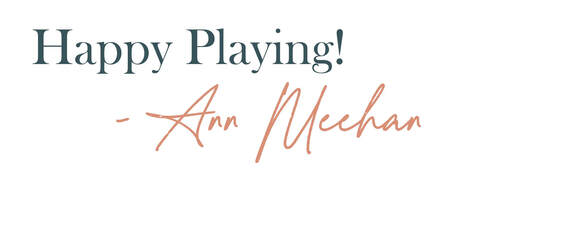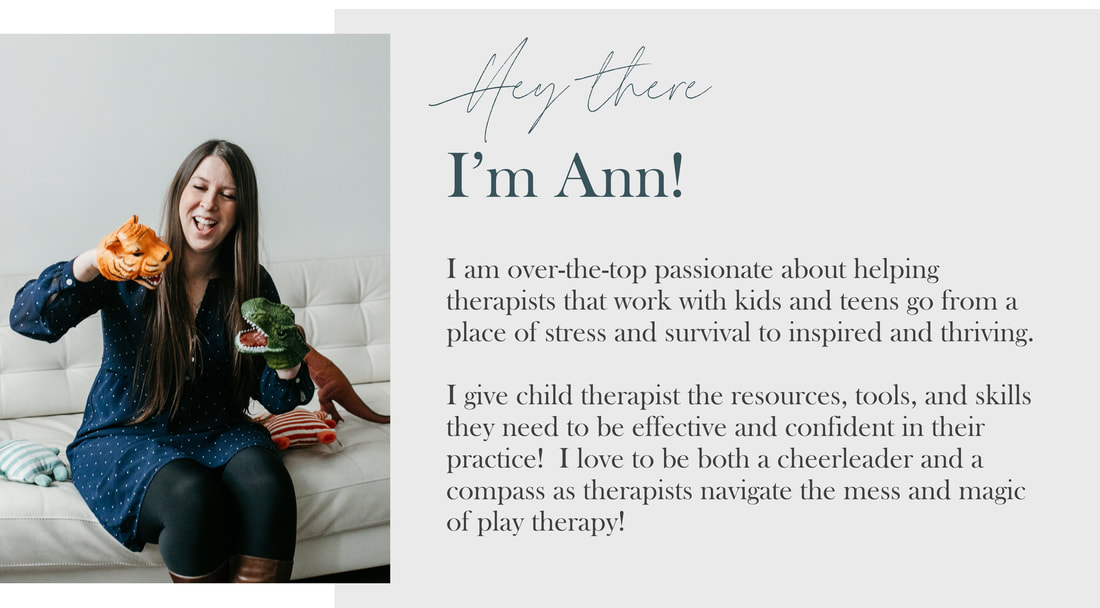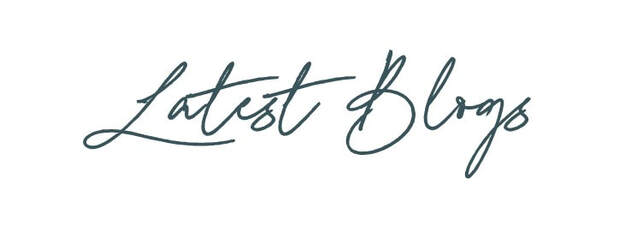|
Did you know that there is a sweet spot to anxiety? Right in between catastrophizing and having zero cares in the world.
Kind of like when Peter from Office Space when his hypnotherapy goes wrong. Or maybe right?
Yup, something that we usually think to be a bad thing is actually pretty good with the right amount and perspective. Now, too much anxiety can lead to painful, troublesome, and overwhelming mental health diagnoses such as Generalized Anxiety, Separation Anxiety, Social Anxiety, or Obsessive Compulsive Disorder. It can significantly impact functioning in social, academic, family, and social areas of life.
So, what’s good about something that (if at a high enough level) is a diagnosable mental health condition? Well, it’s all about that one little key word - level. The not too much, not too little, just right level. Oftentimes deeply complex factors come into complicate anxiety. Namely - the belief that one can’t tolerate the distress of moving through the anxiety trigger. Most often young people have increasing responsibilities in life and dynamics like procrastination can ping pong them from being deeply anxious, taking the pressure off and coasting (while the tasks, responsibilities, or “have to’s” are piling up in the background), and then going into a downward spiral as the realization hits that it is not time to do the tasks that had been paused and their bigger and more intense than before. These are the times we honor the stories of clients who were up until 2am finishing that paper, pushed off their chores and lost the privileges of going out with friends, or are now fighting to get that F grade back up to passable. And the anxiety and distress? While, it is also systemic. Parents' anxiety increases the more children aren’t doing the things they want and need to do and with that anxiety the pressure increases as well. Sometimes this leads to incredibly difficult dynamics where parents are holding more of the care about the responsibilities than young people and all of that anxiety is channeled into anger at their parent or teacher for having “too high” of expectations. So what if the key to anxiety was stopping the off and on ping pong response and instead working to turn down (or up) the dial. For those where the anxiety is always high and always on it can be helpful to use Cognitive Behavioral Therapy techniques to help “turn down the volume”. This might include numerous ways to identify and evaluate maladaptive thoughts, shift cognitions to more adaptive, check the facts on worries, or engage in a downward arrow technique. For those that are on a low simmer with no cares in the world, it can be about turning up the anxiety - from the inside. Igniting the personal responsibility and ownership about why certain things should be important to them - not solely focusing on outside parties like parents or teachers. And for both? Explaining that anxiety has a sweet spot and can be a superpower at the right level. At the “just right” level it can help you focus, keep your goals at the forefront, and help you move towards the things that you want. It can also help you have empathy and perspective taking for others leading to being a more kind and considerate friend. Anxiety can also help you as a leader to weigh pros and cons, not rush into situations, and to understand the impact of actions. Stress responses can also be viewed as helping you prepare for action and have acts of courage. Now, here is the freaking wild secret. It doesn’t matter how stressed you are, it matters your opinion about and attitude towards stress. If we can see stress as our bodies preparing for challenge, we are significantly less likely to be negatively impacted by stress. And the even more wild fact is that if you have high stress levels and believe that stress is not harmful to you, you are less likely to die from illness even than those who have low levels of stress. A little bit clearer? Changing your mind about stress can actually change your body's response to stress and help increase confidence and decrease stress about stress. But don’t take my word for it - listen to health psychologist Kelly McGonial in one of my all time favorite TED Talks: How to Make Stress Your Friend and favorite videos that I share with clients. And for younger children? The bookHey Warrior! Is an absolute must! It helps young people understand the stress response as making them courageous and brave. And always remember “Anxiety is a sign that you’re about to do something really brave. Anxiety and courage exist together - always”. If you are looking for more support and resources on the stress response, anxiety, and emotional regulation, check out the courseKeep Calm and Regulate On: Play Therapy and the Neuroscience of Emotional Regulation! Loading...
4 Comments
It's interesting to know that anxiety can also help us learn about the pros and cons of certain options or situations, so we don't rush in making decisions. I guess it would take the right mindset to actually use this aspect of ourselves for our benefit. In that case, it would be helpful if our teens could also undergo young adult anxiety counseling services, because I feel like that had it hard these days due to the pandemic and other changes in our world that makes them worry more.
Reply
Ann Meehan
5/31/2022 05:16:31 am
Mia I 100% agree that the pandemic has led to a whole different kind of worry and level of feeling out of control. The How To Make Stress Your Friend Ted Talk is game changing as research shows no matter what kind of stress if we have a different mindset about it, it actually affects our bodies differently!!
Reply
11/29/2022 01:53:21 pm
I love how you mention that therapy can help people manage and lessen their anxiety. My partner has been struggling with their anxiety recently and we've been trying to find ways to help them cope when it gets overwhelming. We'll have to look into finding a therapist that can help us work through what's happening and how to help.
Reply
Leave a Reply. |
Hi, there!I'm Ann Meehan, an LPCC, Loading... Archives
July 2024
Categories
All
|
Privacy Policies | Terms of Use | Disclaimer
Contact
[email protected] | Copyright Meehan Mental Health Services 2022
Contact
[email protected] | Copyright Meehan Mental Health Services 2022







